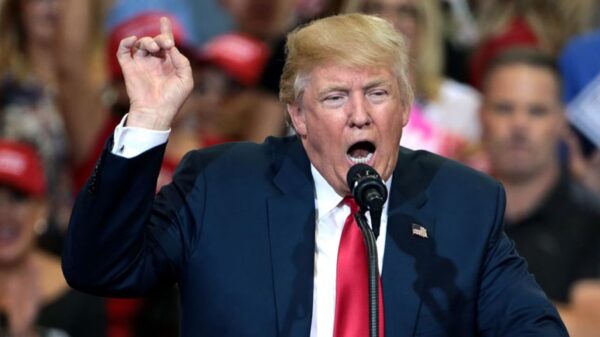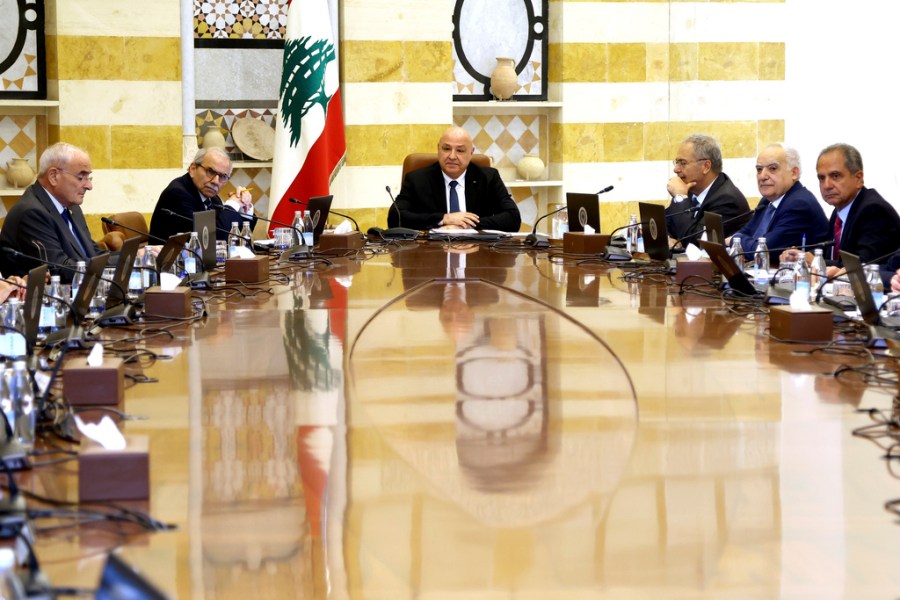The Lebanese government has announced a significant initiative to disarm all armed groups, particularly targeting Hezbollah, in a decisive effort to reassert its sovereignty over the nation’s territory. This historic commitment comes with backing from the international community, signaling a potential shift in Lebanon’s complex political landscape.
The move, which was formalized on October 15, 2023, marks a crucial step towards restoring state authority in a region where groups like Hezbollah have maintained substantial influence for years. The Lebanese Prime Minister, Najib Mikati, emphasized the importance of this decision during a press conference, stating that it is essential for the government to regain control and ensure stability across the country.
Background and Implications
Lebanon has faced ongoing challenges related to the presence of non-state actors, with Hezbollah being the most prominent among them. Founded in the early 1980s, Hezbollah has developed a powerful military wing and has been involved in various conflicts, both within Lebanon and in the broader region. Its heavy weaponry has raised concerns about the Lebanese government’s ability to govern effectively and uphold its sovereignty.
The decision to disarm these groups is part of a broader strategy aimed at fostering national unity and restoring public trust in the state. The Lebanese government’s commitment is expected to be closely monitored by the international community, which has expressed support for efforts to stabilize Lebanon.
The support from international entities, including the United Nations and various Western governments, will be crucial in ensuring the success of this initiative. Analysts believe that the disarmament process, if implemented effectively, could pave the way for increased foreign investments and aid, which Lebanon desperately needs to address its ongoing economic crisis.
Challenges Ahead
While the government’s plan has been welcomed by many, significant hurdles remain. The disarmament of Hezbollah, which has a deeply entrenched presence in Lebanese society and politics, is likely to encounter resistance both from within the group and among its supporters. The Lebanese Armed Forces will need to navigate these challenges carefully to avoid escalating tensions.
Furthermore, as the government embarks on this ambitious initiative, it must also address pressing economic issues, including soaring inflation and a currency in freefall. The potential for civil unrest cannot be overlooked, as many Lebanese citizens continue to struggle with basic necessities.
In conclusion, the Lebanese government’s commitment to disarm armed groups like Hezbollah represents a pivotal moment in the nation’s quest to reclaim its sovereignty. With the backing of the international community, Lebanon seeks to restore stability and foster a more unified state. The coming months will be critical as the government works to implement this plan while addressing the complex realities on the ground.





































































